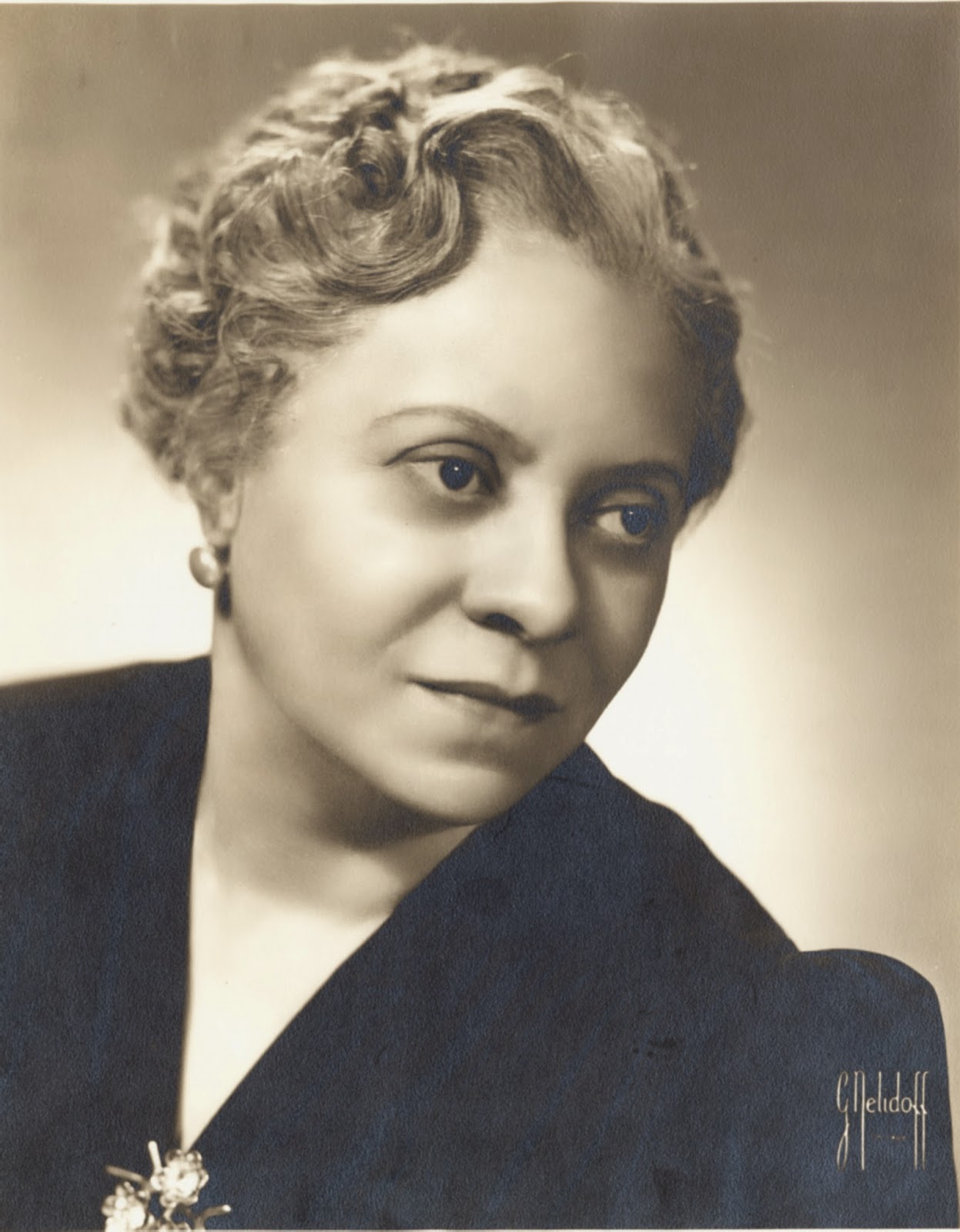
If you believe that any review contained on our site infringes upon your copyright, please email us.
#Florence price plus#
All submitted reviews become the licensed property of Sheet Music Plus and are subject to all laws pertaining thereto.If you have any suggestions or comments on the guidelines, please email us. We cannot post your review if it violates these guidelines.Avoid disclosing contact information (email addresses, phone numbers, etc.), or including URLs, time-sensitive material or alternative ordering information.Please do not use inappropriate language, including profanity, vulgarity, or obscenity. Be respectful of artists, readers, and your fellow reviewers.
#Florence price free#
Feel free to recommend similar pieces if you liked this piece, or alternatives if you didn't.Are you a beginner who started playing last month? Do you usually like this style of music? Florence Dome Climb Priority Entrance Tour: 39. Adults (12+ y.o.): General Admission tickets from 25. Children (6-11 y.o.): General Admission tickets from 10. Consider writing about your experience and musical tastes. DUOMO FLORENCE TICKETS PRICE - 2022 Infants (0-5 y.o.): Free entrance.Do you like the artist? Is the transcription accurate? Is it a good teaching tool? Explain exactly why you liked or disliked the product.Price és considerada la primera dona afroamericana en ser reconeguda com a compositora simfònica, i la primera en tenir una composició interpretada per una. After years teaching music privately and serving as the head of the music department at Clark Atlanta University in Atlanta, Georgia, Price returned to Little Rock, then moved to Chicago, where she advanced her musical studies under Arthur Olaf Andersen, Carl Busch, Wesley LaViolette, and Leo Sowerby. Florence Beatrice Price (nascuda Smith 9 dabril de 1887 - 3 de juny de 1953) fou una compositora clàssica, pianista, organista i pedagoga musical estatunidenca. There, she studied composition and counterpoint with George Chadwick and Frederick Converse, and graduated in 1906 with both an artistic diploma in organ and a teaching certificate. She went on to attend the New England Conservatory, one of few higher musical institutions accepting African-American students. She then attended New England Conservatory in 1903 to study piano, organ, and composition, and returned to Arkansas with a teaching certificate to bring music. But a group of New York City middle school students had the opportunity to quite literally write Florence Price's history. The first black American woman to have an orchestral piece played by a major American orchestra, Florence Bea Prices reputation grew to importance in the 1930s. Florence Beatrice Price (1887 1953) was born in Little Rock, Arkansas, and was taught music by her mother from a young age after she was denied music education from the city.

Though she composed hundreds of pieces, her catalogue did not enter the twentieth-century mainstream canon, and many of her works, including two violin concertos, could have vanished if not uncovered during the renovation of her abandoned home.īorn in Little Rock, Arkansas in 1887, Price received early training on the piano from her mother, a music teacher. Price was a Black, female composer who died in 1953. orchestra when the Chicago Symphony Orchestra performed it in 1933. Price became the first African-American woman to have a work performed by a major U.S. She was the first black woman to have one of her compositions played by a major.

During her lifetime and for decades afterward, her music had been overlooked, neglected and dismissed. Frederick Stock, music director of the Chicago Symphony, became a supporter of her music and programmed the work. Florence Beatrice Price is a pioneer amongst African American composers. A chance discovery in 2009 led to the long overdue recognition of an important American composer Florence Price (1887-1953), a Black woman with strong ties to Chicago, and to the Chicago Symphony Orchestra.

In 1932 her Sonata in E Minor for piano won First Prize in the Wanamaker music contest, with overall honors awarded to her first symphony.

As Alex Ross wrote in The New Yorker, her music "deserves to be widely heard." Her music combines a rich and romantic symphonic idiom with the melodic intimacy and emotional intensity of African-American spirituals. The discovery of dozens of scores in an Illinois attic in 2009 led to renewed interest in the music of Florence Price, performances and recordings, and critical acclaim.


 0 kommentar(er)
0 kommentar(er)
